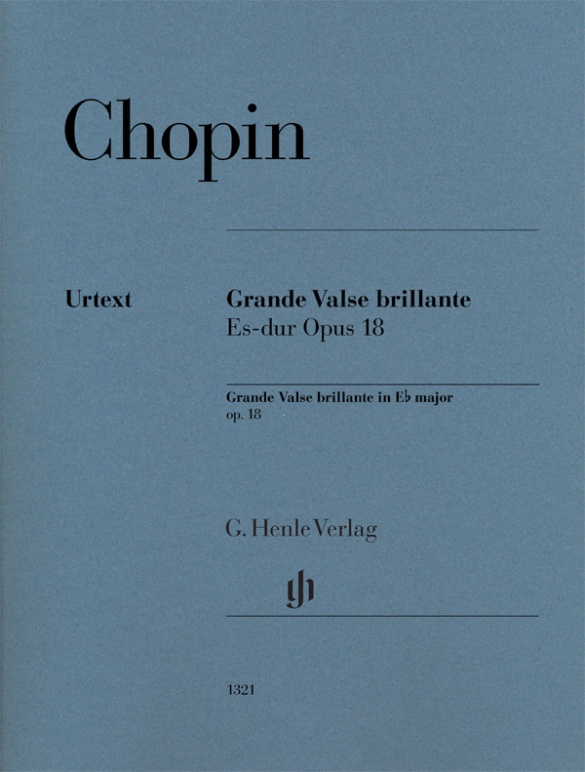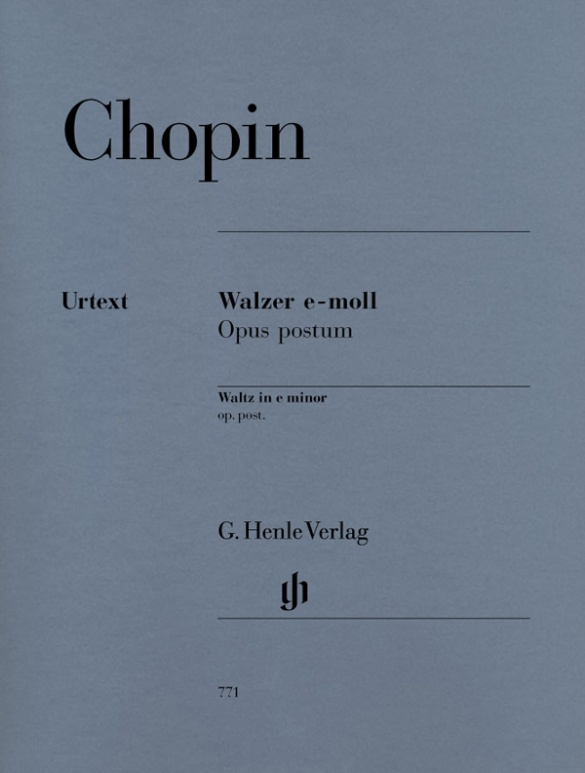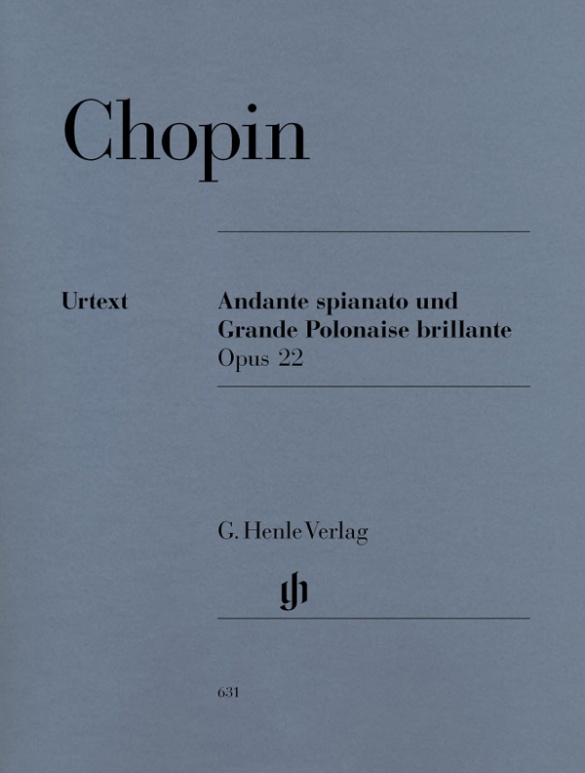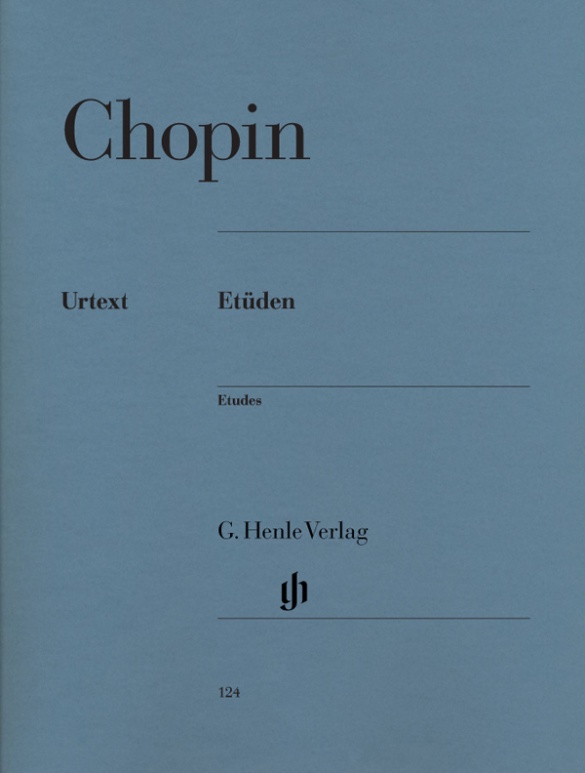

Frédéric Chopin
Etudes
Chopin succeeded in doing something truly remarkable with his two cycles of Etudes op. 10 and op. 25, published in 1833 and 1837 respectively. Probably no one before him had composed technical practice pieces that at the same time reached such musical heights. Chopin’s Etudes are character pieces that are full of tension, written for the concert hall. The virtuosic works, including long-running hits such as the “Revolutionary Etude” op. 10 no. 12 belong to the pianist’s core repertoire. In addition to the two cycles op. 10 and op. 25, our Urtext edition also contains three Etudes without opus number, which Chopin composed for a Parisian piano method in 1840: wonderfully lyrical miniatures, which can hold their own with the 24 grand studies.
Content/Details
About the Composer
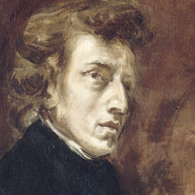
Frédéric Chopin
Pianist and composer. His work is concentrated around piano music that enjoys extraordinary popularity and has become an integral part of the concert repertoire. His music influenced subsequent generations in France (Franck, Saint-Saëns, Fauré, Debussy) as well as Smetana, Dvořák, Balakirev, Grieg, Albéniz.
| 1810 | Born in Żelazowa Wola near Warsaw on March 1. First compositions at age seven, his first public performance at eight. |
| 1822 | Private instruction in composition. |
| 1825 | Rondo in C minor, Op. 1, his first published work. |
| 1826–29 | Studies at the Institute of Music in Warsaw. |
| 1829 | “Fantaisie sur des airs nationaux polonaise” in A major, Op. 13; Piano Trio in G minor, Op. 8. Travels to Vienna, where he gives two concerts of his compositions and improvisations. |
| 1829–33 and 1835–37 | Etudes, Opp. 10 and 25 -- a new type of virtuosic etude that also makes aesthetic demands. |
| 1830 | Premieres in Warsaw of his two piano concerti, Op. 21 in F minor and Op. 11 in E minor. |
| 1831 | Unable to return to Warsaw due to the Polish uprising, he goes to Paris, where he will remain until the end of his life. |
| 1832 | Debut concert in Paris to great acclaim. |
| 1835/38 | “Trois valses brillantes,” Op. 34. |
| 1836/39 | “24 Preludes,” Op. 28, in a cyclic succession: compactly-designed short pieces. |
| 1835/39 | Piano Sonata in B-flat minor, Op. 35, with the funeral march. |
| 1842/43 | Ballade No. 4 in F minor, Op. 52; “Grande Polonaise brillante” in A-flat major, Op. 53; Scherzo No. 4 in E major, Op. 54. |
| 1844 | Piano Sonata in B minor, Op. 58 |
| 1849 | Completion of the mazurkas in G minor and F minor. Death in Paris on October 17. |
About the Authors
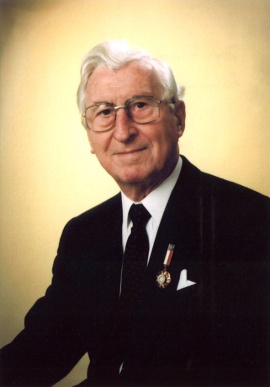
Ewald Zimmermann (Editor)
Dr. Ewald Zimmermann (1910–1998) studied the piano (Privatmusiklehrer-Examen with Eduard Erdmann) and musicology, doing a doctorate in the latter following his time as a soldier in World War II and subsequent time as a prisoner of war in Russia. In 1953 he became the first editor in the history of G. Henle Publishers, where he worked for 22 years alongside the founder of the publishing house, Günter Henle, in Duisburg, actively and deftly supporting the young company’s initial steps. Zimmermann was in charge of almost all of the Urtext editions that were produced in his time, himself editing several volumes, including all of Frédéric Chopin’s works for piano. Under his direction, the first scholarly catalogue of Chopin’s musical works of the time (Krystyna Kobylańska) was produced, issued by G. Henle publishers in 1980.
In 1991 Zimmermann was honoured for his efforts with the Chopin Medal by the Chopin Society in Warsaw, and shortly afterwards received the order “Mérite en faveur de la culture polonaise” from the Polish government. Even after he had retired in 1975, during which time he devoted himself more intensively to playing the piano, he still retained close ties with the publishing house, remained in close contact with his successors and continued editing.
Product Safety Informations (GPSR)

G. Henle Verlag
Here you can find the information about the manufacturer of the product.G. Henle Verlag e.K.
Forstenrieder Allee 122
81476 München
Germany
info@henle.de
www.henle.com
recommendations
autogenerated_cross_selling
Further editions of this title
Further editions of this title


